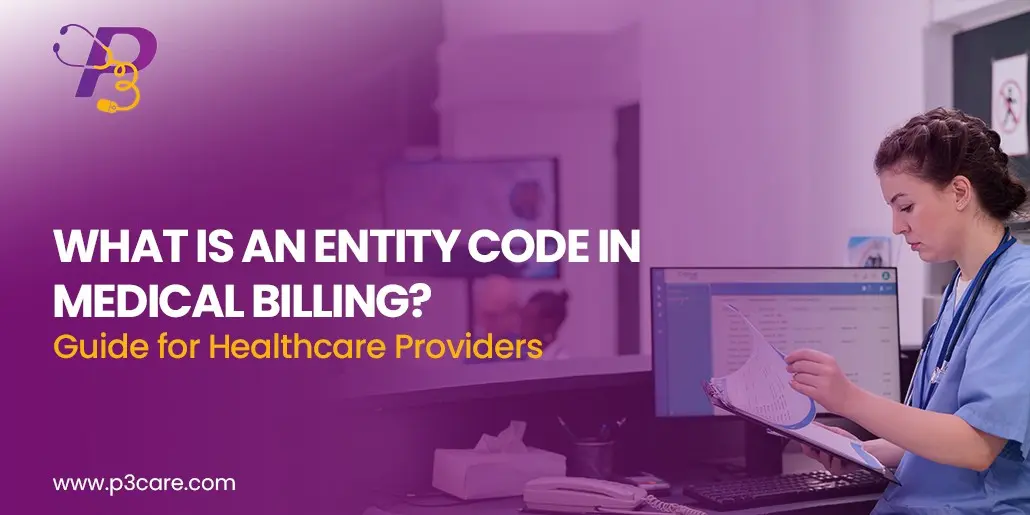

HIPAA or the Health Insurance Portability and Accountability Act is a measure introduced by the healthcare system to protect patients’ information and privacy regarding their health, financial, and insurance details.
And, this healthcare rule applies to all areas, be it care delivery, medical billing services, and insurance companies to a larger extent. Especially HIPAA medical billing is a thing that every medical practice must comply with.
In short, the patients have rights regarding the information they share and can ask questions about why it is required.
People that come under the HIPAA compliance rules are:
The HIPAA Act consists of 3 main rules:
The HIPAA Privacy Rule sets the standard for information exchange regarding a patient’s health. This exchange is only allowed if the information somehow helps to coordinate the care of a patient.
It also gives a lot of power to the patients as they can restrict the amount of information given to healthcare. Moreover, HIPAA-compliant medical billing is also not obliged to provide information about procedures or treatments that they paid for in cash.
Patients can also do other things like:
PHI stands for Protected Health Information, which is an important part of healthcare and medical billing services. It is the information given by the patients during their visit to a clinic or a hospital.
It includes details such as:
The following need to be fulfilled when it comes to protecting patient’s information during claim compilation:
Here are the instances in which you can exchange a patient’s details with other healthcare professionals.
A patient’s information can be shared with their family if:
Also, add the basic contact information of the patient to the hospital directory. Such information is useful not just for the hospital staff but also for the medical billing and coding services.
The HIPAA Privacy Rule requires us to have policies that protect and limit the use and disclosure of PHI. But none of us are 100% foolproof, and we can’t guarantee that a patient won’t catch a peek of a form or overhear the details when a doctor is talking to a nurse.
Such cases do not come under the HIPAA breach category, provided we had all the HIPAA necessary safeguards in check.
With telehealth and the automation of medical billing services, your data are always at stake. Keeping in mind, that hackers and malware are on the rise, we have several areas where you should be smart enough to ensure all ways to block any data thefts.
Some steps to avoid information leaks if you are using a mobile device are:
This rule requires us to protect a patient’s privacy, especially in cases of ePHI’s confidentiality, integrity, and availability.
It can happen in the following ways:
While developing safety measures, we need to consider the following factors:
This rule is for the instance in which a patient’s information gets leaked or disclosed without permission.
In case of a breach of PHI, rules require us to notify the following parties.
That only happens when the unpermitted use or disclosure of the information compromises the privacy and security of PHI.
The criteria for measuring the degree of a breach are:
In most cases, we need to report the breach to the appropriate authorities without any delay, no matter where it happens in any step of the medical billing services. And if it gets discovered later, it needs to be reported (at the most) within sixty days of its discovery.
Other things regarding reporting are:
Tiny breaches of security are those that affect lesser than 500 individuals. They need to be reported to the HHS annually.
Business associates should notify a covered entity of breaches at their place of work or by those that happened because of the associate(s) themselves.
All of these rules are put in place to keep the patient’s data safe for a safeguarded environment. It is of the utmost importance that it doesn’t get into the wrong hands, as it contains sensitive information.
So, make sure that you are a HIPAA-compliant medical practitioner and medical billing service and it will benefit you and your patients/physicians to a great degree.

